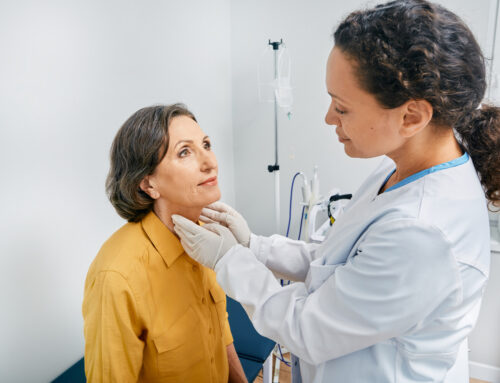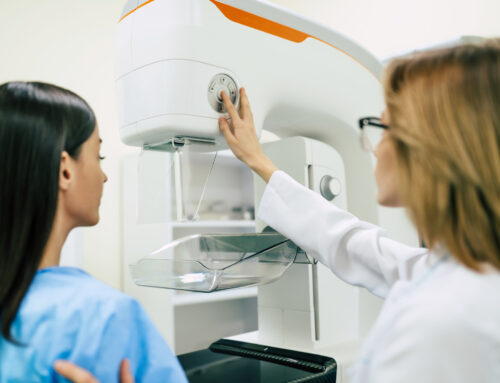
Should you make your health a priority? The majority of people would answer yes to that question. However, many don’t know what steps they can take to do that. For women, one of the most important steps is a yearly visit to the gynecologist – otherwise known as the well-woman visit.
The well-woman visit focuses on preventive care for women. One key component of the visit includes the Pap smear exam. Many women find this test to be uncomfortable and try to avoid going to their gynecologist because of it, but the few minutes of discomfort are ultimately worth the long-term health benefits.
What are the Pap smear guidelines?
The guidelines for Pap smears, also known as a Pap test, have changed from every year to every three years for a few reasons. One reason is because Pap smears are a screening test for cervical cancer. Because we now better understand that cervical cancer can develop over years, the time between screenings has expanded.
The screening process for cervical cancer also depends on age. Women start screening for cervical cancer at age 21 and then they get screened every three years afterwards. That screening process changes throughout life depending on their risk factors, but typically every three years is the current recommendation.
Pap smears are used to screen for abnormalities in cells that can develop into cancerous cells over time, but women are also screened for human papillomavirus (HPV), a virus that can cause cervical cancer.
Should women still see their gynecologist every year?
One of the more recent misconceptions about how often you need to see your gynecologist is that some women think you only need to come every three years. This is likely based on the updated Pap smear guidelines that say women only need a pap smear every three years.
Annual visits with your gynecologist are a great time to discuss any questions you may have such as testing for sexually transmitted infections (STI) or birth control options for example. You can also determine with your provider whether or not you need a breast and/or pelvic exam and a mammogram.
Take control of your health by scheduling annual wellness visits with your TopLine MD Alliance affiliated gynecologist. It is still important to have visits with them every year, even though you may not need a Pap smear every year.
 Dr. David Adler is a proud member of the TopLine MD Alliance practicing obstetrics and gynecology in Palm Beach County.
Dr. David Adler is a proud member of the TopLine MD Alliance practicing obstetrics and gynecology in Palm Beach County.
The TopLine MD Alliance is an association of independent physicians and medical practice groups who are committed to providing a higher standard of healthcare services. The members of the TopLine MD Alliance have no legal or financial relationship with one another. The TopLine MD Alliance brand has no formal corporate, financial or legal ties to any of the affiliated physicians or practice groups.



